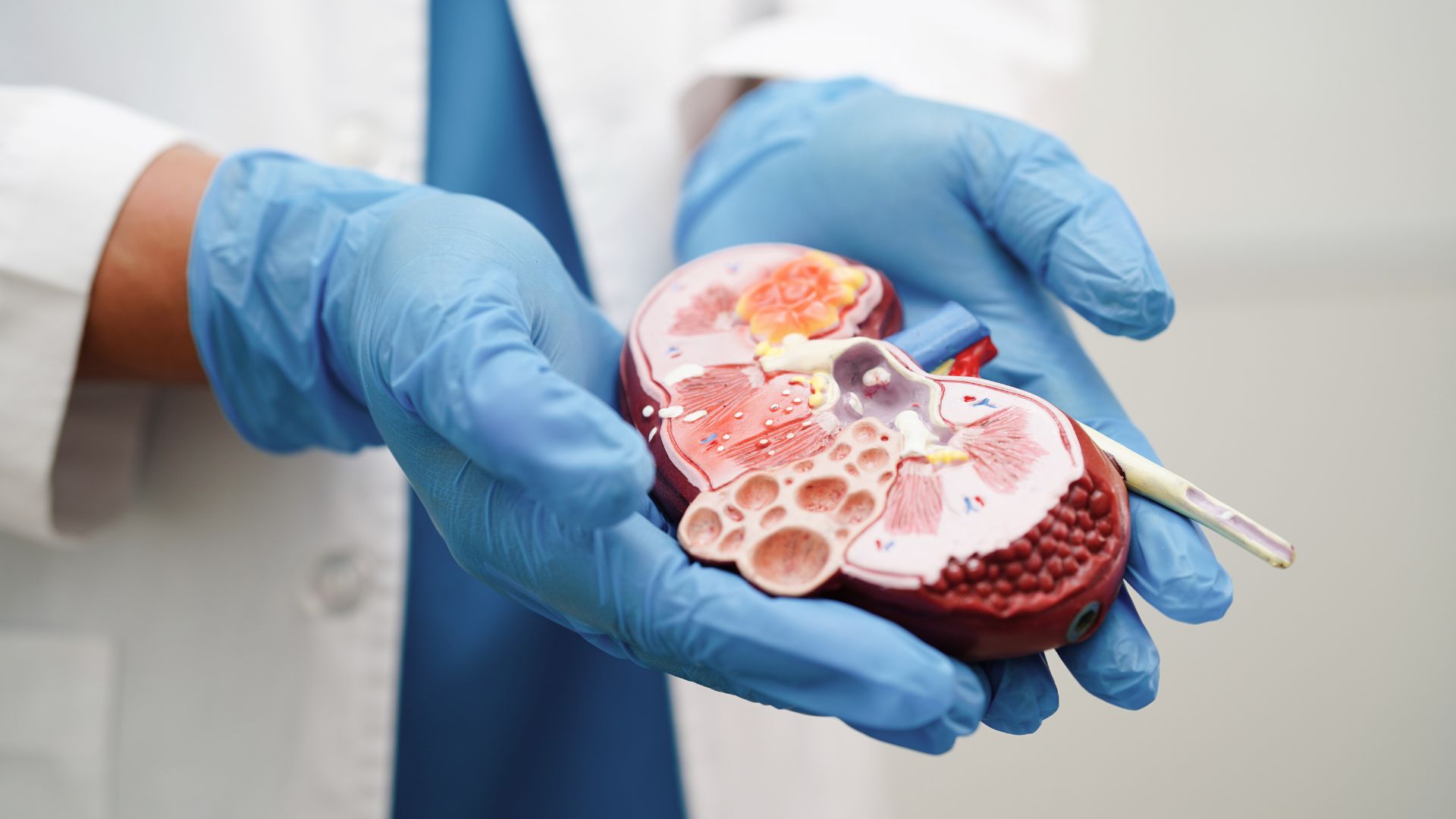Complex (resistant) hypertension generally refers to patients on optimal doses of 3 different classes of antihypertensive agents (one of which includes a diuretic) who still have poor blood pressure control, or those who require 4 different classes of antihypertensive agents to achieve adequate blood pressure control.
Secondary hypertension refers to elevated blood pressure with a clearly identifiable cause. One type would be any renal parenchymal disease, as any cause of reduced GFR can result in hypertension. Another type would be any vascular disease that reduces renal blood flow, such as renovascular disease.
Endocrine disorders can also cause secondary hypertension. Disorders such as excess aldosterone or cortisol activity, pheochromocytoma, hypothyroidism, and hyperparathyroidism are examples of this. Prescription, over-the-counter, or illicit drugs can all cause secondary hypertension. There are also pregnancy-related causes of secondary hypertension such as preeclampsia and eclampsia.
How do doctors treat Complex and Secondary Hypertension?
In the case of complex hypertension, the first step is to look for and exclude all possible secondary causes of hypertension. Once secondary causes or excluded, medications are added and adjusted with the goal being to optimize control and minimize medication side effects.
In secondary hypertension, once a cause is identified, treatment is dictated by the specific pathologic process found. NNI providers are well versed and comfortable in treating all of these conditions.



